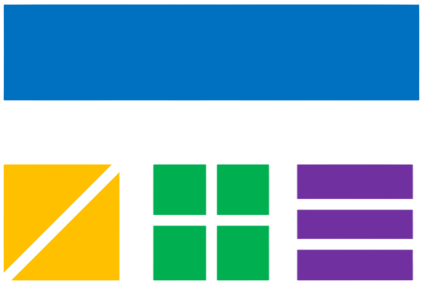Loading...
Temperature Conversion Calculator Information
How Temperature Conversion Works
Temperature can be measured in several scales. The most common are Celsius (°C), Fahrenheit (°F), and Kelvin (K). Each scale has its own zero point and increment size.
- Celsius (°C): Water freezes at 0°C and boils at 100°C.
- Fahrenheit (°F): Water freezes at 32°F and boils at 212°F.
- Kelvin (K): Absolute zero is 0 K; water freezes at 273.15 K.
Conversion Formulas
°F = (°C × 9/5) + 32
- °F = temperature in Fahrenheit
- °C = temperature in Celsius
°C = (°F - 32) × 5/9
K = °C + 273.15
K = °C + 273.15
Example: Convert 25°C to Fahrenheit and Kelvin
°F = (25 × 9/5) + 32 = 77°F
K = 25 + 273.15 = 298.15 K
K = 25 + 273.15 = 298.15 K
Why Convert Temperatures?
- Travel: Understand weather forecasts in different countries.
- Cooking: Convert oven temperatures between Celsius and Fahrenheit.
- Science: Work with lab data in Kelvin or Celsius.
- Everyday Life: Compare temperatures from different sources.
Tips for Accurate Conversion
- Double-Check Units: Make sure you know which scale you are starting with.
- Use the Calculator: Avoid manual errors by using the tool for quick, accurate results.
- Remember Absolute Zero: Kelvin does not go below 0; negative values are not possible.
Frequently Asked Questions (FAQ)
Q: What is the difference between Celsius and Fahrenheit?
A: Celsius is based on the freezing and boiling points of water (0°C and 100°C), while Fahrenheit uses 32°F and 212°F for the same points.
Q: What is Kelvin used for?
A: Kelvin is used in science and engineering, especially for absolute temperature measurements.
Q: Can I convert negative temperatures?
A: Yes, for Celsius and Fahrenheit. Kelvin cannot be negative.
Q: How do I convert oven temperatures?
A: Use the formulas above or the calculator to switch between Celsius and Fahrenheit for recipes.
Q: Why does water boil at different temperatures at high altitudes?
A: Lower air pressure at high altitudes lowers the boiling point of water.
